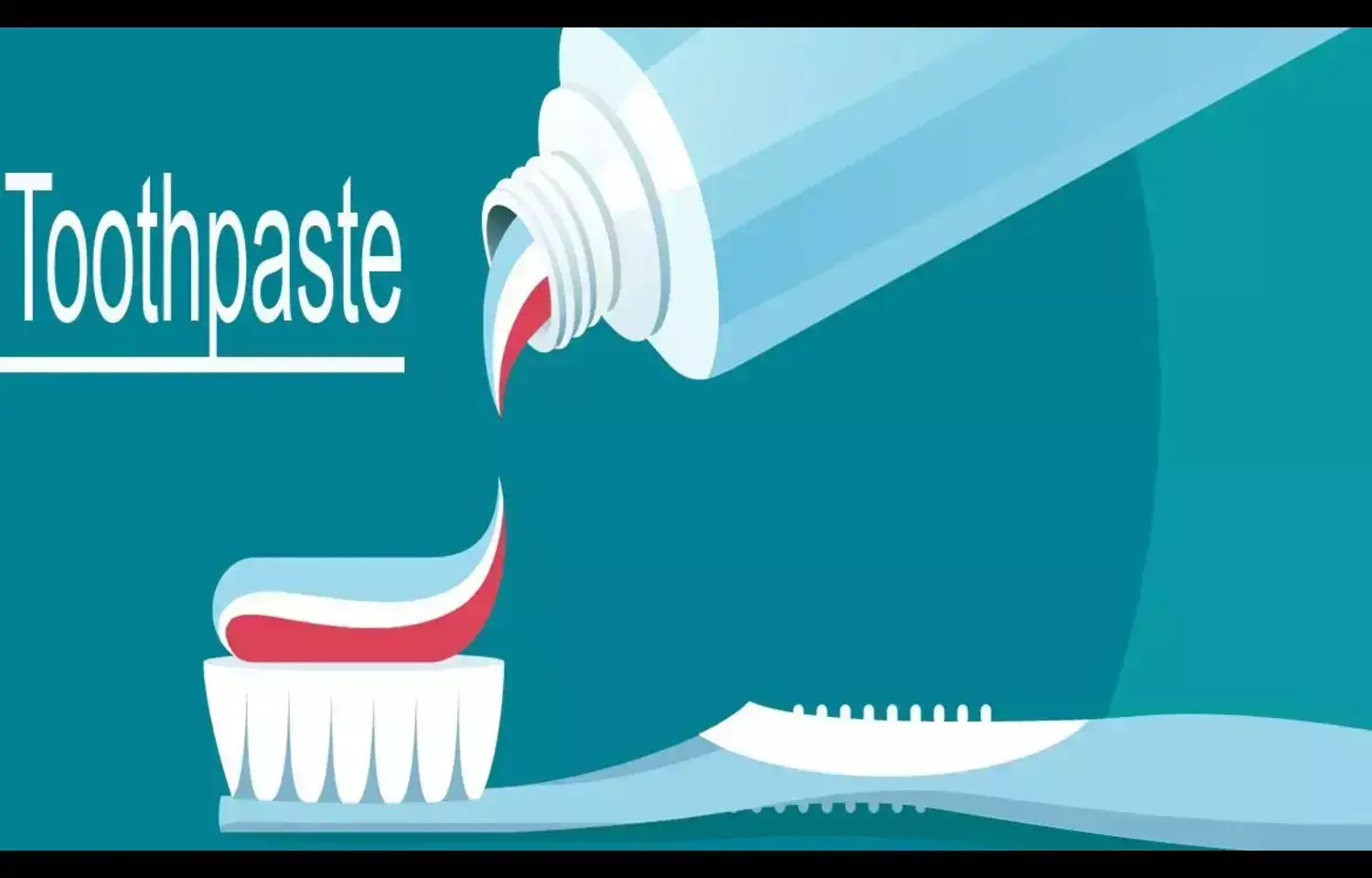Potassium Nitrate and Herbal Toothpastes Effective for Dentin Hypersensitivity, Combination Shows Superior Results: Study
- byDoctor News Daily Team
- 09 September, 2025
- 0 Comments
- 0 Mins

Researchers have found in a new randomized clinical study that dentin hypersensitivity can be effectively managed with both potassium nitrate and herbal toothpastes, but the combination of the two provides the most significant long-term benefits. The findings highlight the potential of integrating natural formulations with conventional desensitizing agents to achieve greater clinical outcomes for patients struggling with tooth sensitivity. The study included patients presenting with dentin hypersensitivity, who were divided into groups using either potassium nitrate toothpaste, herbal toothpaste, or a formulation combining both. Initial results showed that potassium nitrate provided quicker pain relief, with noticeable reductions in sensitivity during the early phase of treatment. In contrast, herbal toothpaste demonstrated gradual improvements but reached comparable efficacy by the fourth week. Importantly, the herbal toothpaste fortified with potassium nitrate demonstrated the greatest overall reduction in hypersensitivity, suggesting a synergistic effect between natural bioactive compounds and potassium nitrate. Dentin hypersensitivity, often triggered by thermal, tactile, or chemical stimuli, is a common clinical complaint that significantly affects quality of life. Traditional desensitizing agents such as potassium nitrate act by reducing nerve excitability within dentinal tubules. Herbal formulations, on the other hand, contain natural extracts with anti-inflammatory and remineralizing properties, providing an alternative for patients seeking natural-based oral care. This study’s results suggest that clinicians may consider recommending combination toothpastes that integrate herbal extracts with potassium nitrate for patients seeking both rapid and sustained relief. Such products may offer a safe and effective solution that combines the benefits of conventional and natural therapies. The authors note that larger longitudinal studies are required to evaluate long-term outcomes and to better understand the mechanisms underlying the observed synergistic effects. Still, the findings support growing interest in herbal dentistry and its integration with modern formulations for patient-centered oral care.
Disclaimer: This website is designed for healthcare professionals and serves solely for informational purposes.
The content provided should not be interpreted as medical advice, diagnosis, treatment recommendations, prescriptions, or endorsements of specific medical practices. It is not a replacement for professional medical consultation or the expertise of a licensed healthcare provider.
Given the ever-evolving nature of medical science, we strive to keep our information accurate and up to date. However, we do not guarantee the completeness or accuracy of the content.
If you come across any inconsistencies, please reach out to us at
admin@doctornewsdaily.com.
We do not support or endorse medical opinions, treatments, or recommendations that contradict the advice of qualified healthcare professionals.
By using this website, you agree to our
Terms of Use,
Privacy Policy, and
Advertisement Policy.
For further details, please review our
Full Disclaimer.
Recent News
What Your Neck Size Says About Your Heart Health?...
- 04 November, 2025
EVOQUE TTVR Delivers Promising Real-World Results:...
- 04 November, 2025
Influenza Vaccination Reduces Mortality and Readmi...
- 04 November, 2025
Daily Newsletter
Get all the top stories from Blogs to keep track.


0 Comments
Post a comment
No comments yet. Be the first to comment!